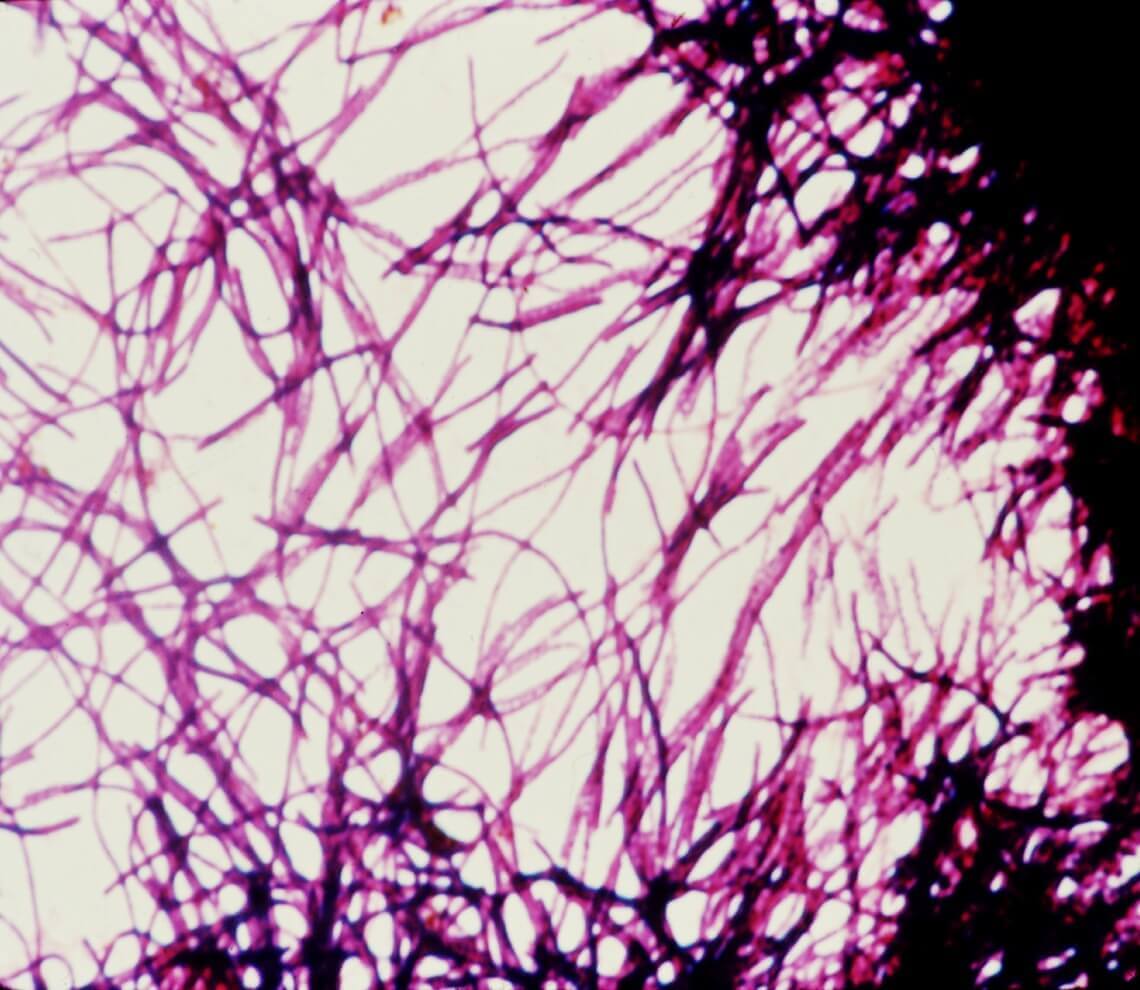- Our Suppliers
- MBS Monoclonals
- M13/fd/F1 Filamentous Phages antibody (Biotin)
Product short description
Price:
370 EUR
Size:
5 ml
Catalog no.:
GEN831227
Product detailed description
Gene name
N/A
Concentration
N/A
Gene name synonims
N/A
Purification method
N/A
Other gene names
N/A
Other names
N/A
Immunoglobulin isotype
IgG2b
Clone
B62-FE2
French translation
anticorps
Category
Antibodies
Clonality
Monoclonal
Conjugation
Biotinylated
Subcategory
Mnoclonal antibodies
Host organism
Mouse (Mus musculus)
Tested applications:
ELISA (EIA), Western Blot (WB)
Also known as
M13/fd/F1 Filamentous Phages (Biotin)
Form/Appearance
Supplied in liquid form, contains 0.09% NaN3
Species reactivity
N/A; Due to limited knowledge and inability for testing each and every species, the reactivity of the antibody may extend to other species which are not listed hereby.
Specificity and cross-reactivity
N/A; Since it is not possible to test each and every species our knowledge on the corss reactivity of the antibodies is limited. This particular antibody might cross react with speacies outside of the listed ones.
Storage and shipping
For shorter periods of time keep the antibody at +4 degrees Celsius. Long term storage should be done after aliquoting and at -20°C. Cycles of freezing and defrosting may denaturate the polypeptide chains of the antibodies, thus reducing their activity.
Properties
If you buy Antibodies supplied by MBS Monoclonals they should be stored frozen at - 24°C for long term storage and for short term at + 5°C.Biotin conjugates can be detected by horseradish peroxidase, alkaline phosphatase substrates or anti biotin conjugated antibodies. Avidin and Streptavidin bind to the small biotin and are couple to HRP or AP for ELISA. To break the streptavidin Biotin bond we suggest to use a 6 molar guanidine HCl solution with acidity of pH 1.6.
Gene
M13 bacteriophage is a virus that infects the bacterium Escherichia coli. It is composed of a circular single-stranded DNA molecule encased in a thin flexible tube made up of about 2700 copies of a single protein called P8, the major coat protein. The ends of the tube are capped with minor coat proteins. Infection starts when the minor coat protein P3 attaches to the receptor at the tip of the F pilus of the bacterium. Infection with M13 is not lethal; however, the infection causes turbid plaques in E. coli because infected bacteria grow more slowly than the surrounding uninfected bacteria. It engages in a viral lifestyle known as a chronic infection which is neither lytic or temperate. However a decrease in the rate of cell growth is seen in the infected cells. M13 plasmids are used for many recombinant DNA processes, and the virus has also been studied for its uses in nanostructures and nanotechnology.
© Copyright 2016-Tech News . Design by: uiCookies

